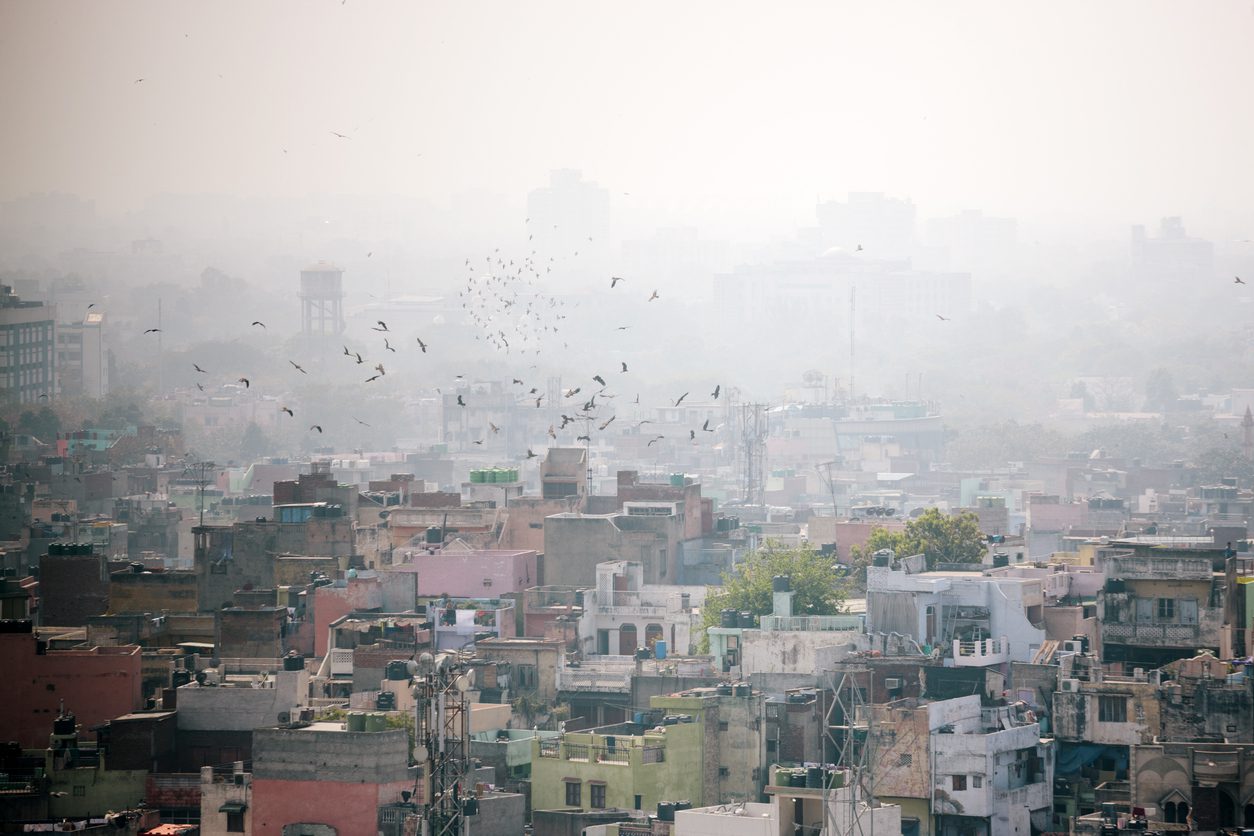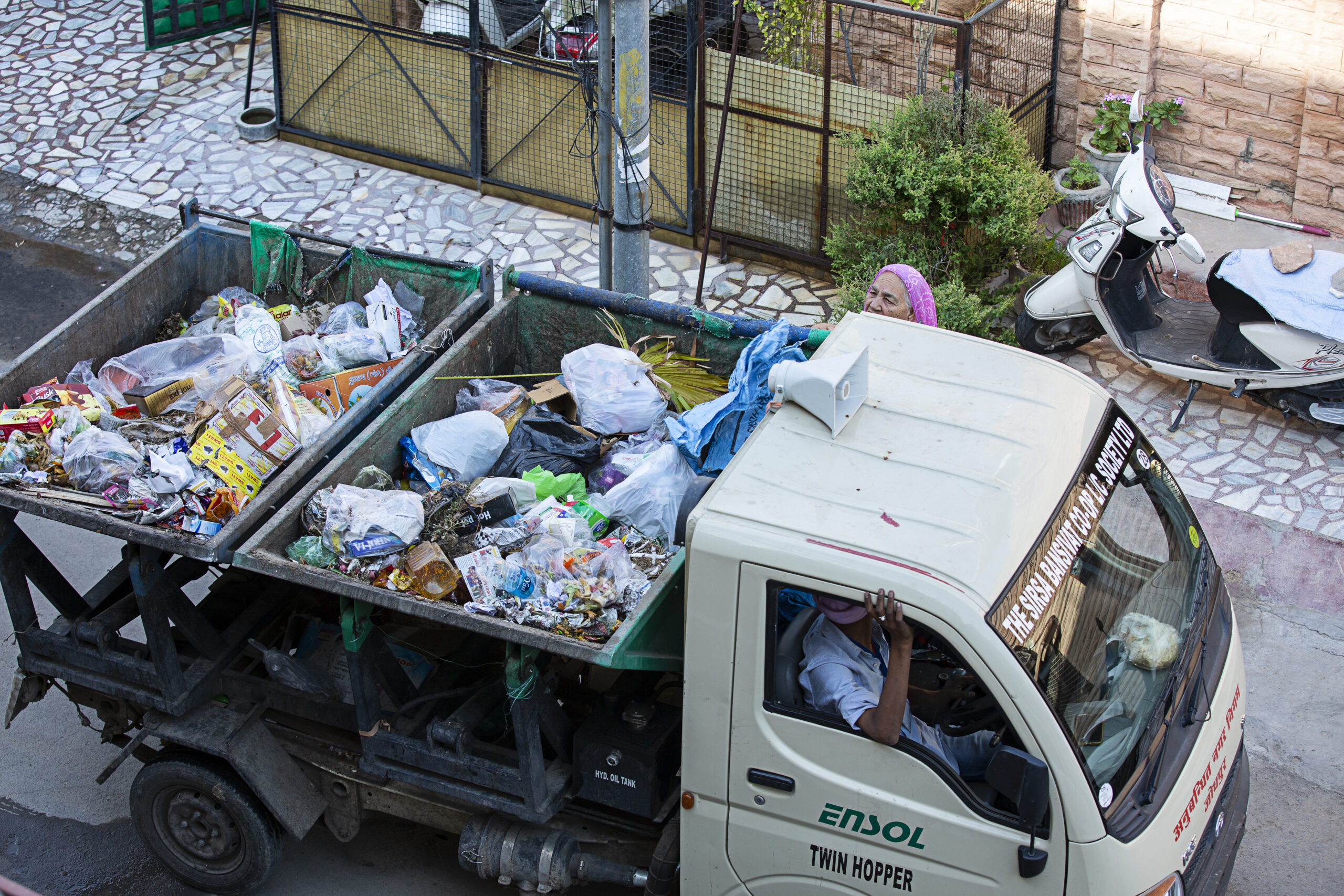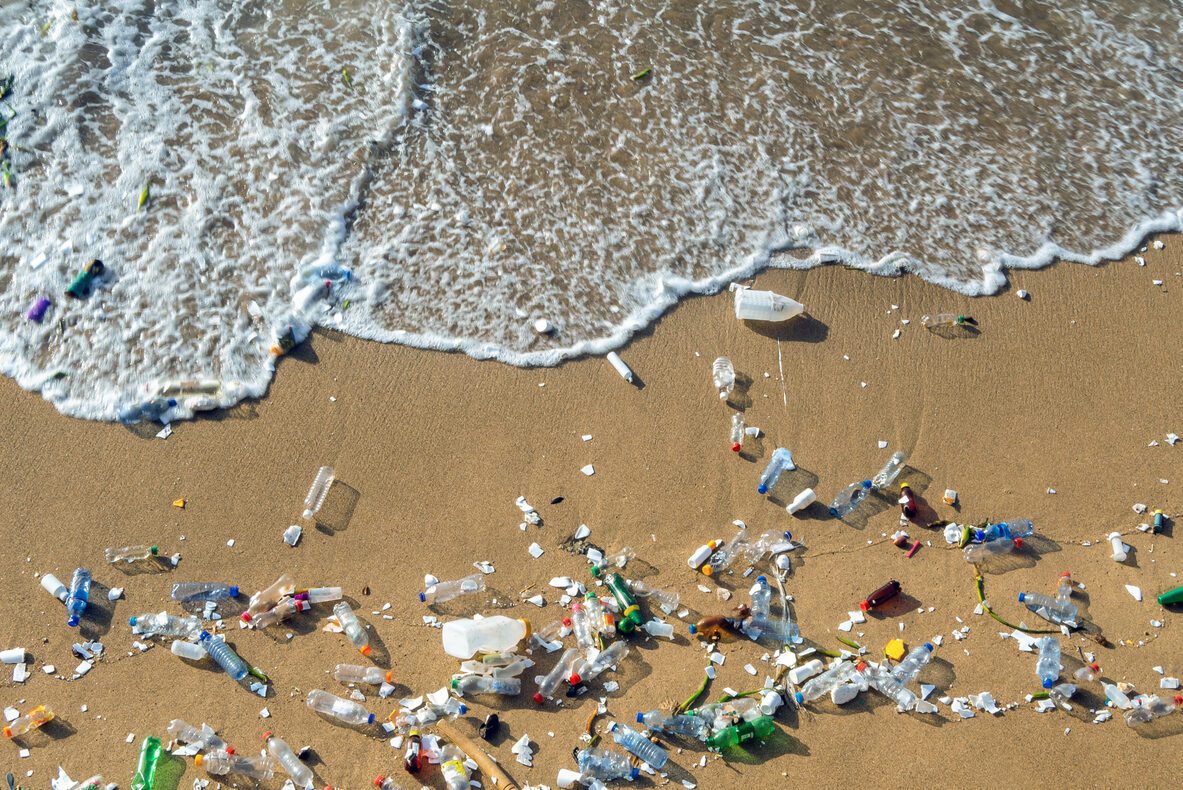Rapid urbanisation and industrial growth have made air pollution one of India’s most urgent environmental and public health challenges. iFOREST’s Managing Local Pollution programme addresses this by combining research, policy, and on-ground action to reduce emissions and environmental hazards.
At the heart of the programme, Air Pollution interventions target major sources such as unmitigated fuel use, MSMEs, and agricultural residue burning, along with short-lived climate pollutants like black carbon and methane. We support states and cities in designing and implementing clean air action plans, strengthening by-laws, controlling dust and open burning, and deploying cost-effective monitoring through sensors, CEMS, and satellites. Capacity-building equips policymakers, regulators, industries, and Urban Local Bodies to sustain long-term impact.
Our Solid Waste and Plastics interventions prevent pollution at its source by helping Urban Local Bodies adopt structured, data-driven systems for segregation, recycling, and safe disposal, including biomedical waste. In plastics, we reduce dependence, promote circularity and alternatives, and strengthen enforcement to curb leakage into waterways. These measures reduce emissions and environmental hazards, empower local governments, and translate research and policy into cleaner, healthier, and more resilient communities.



